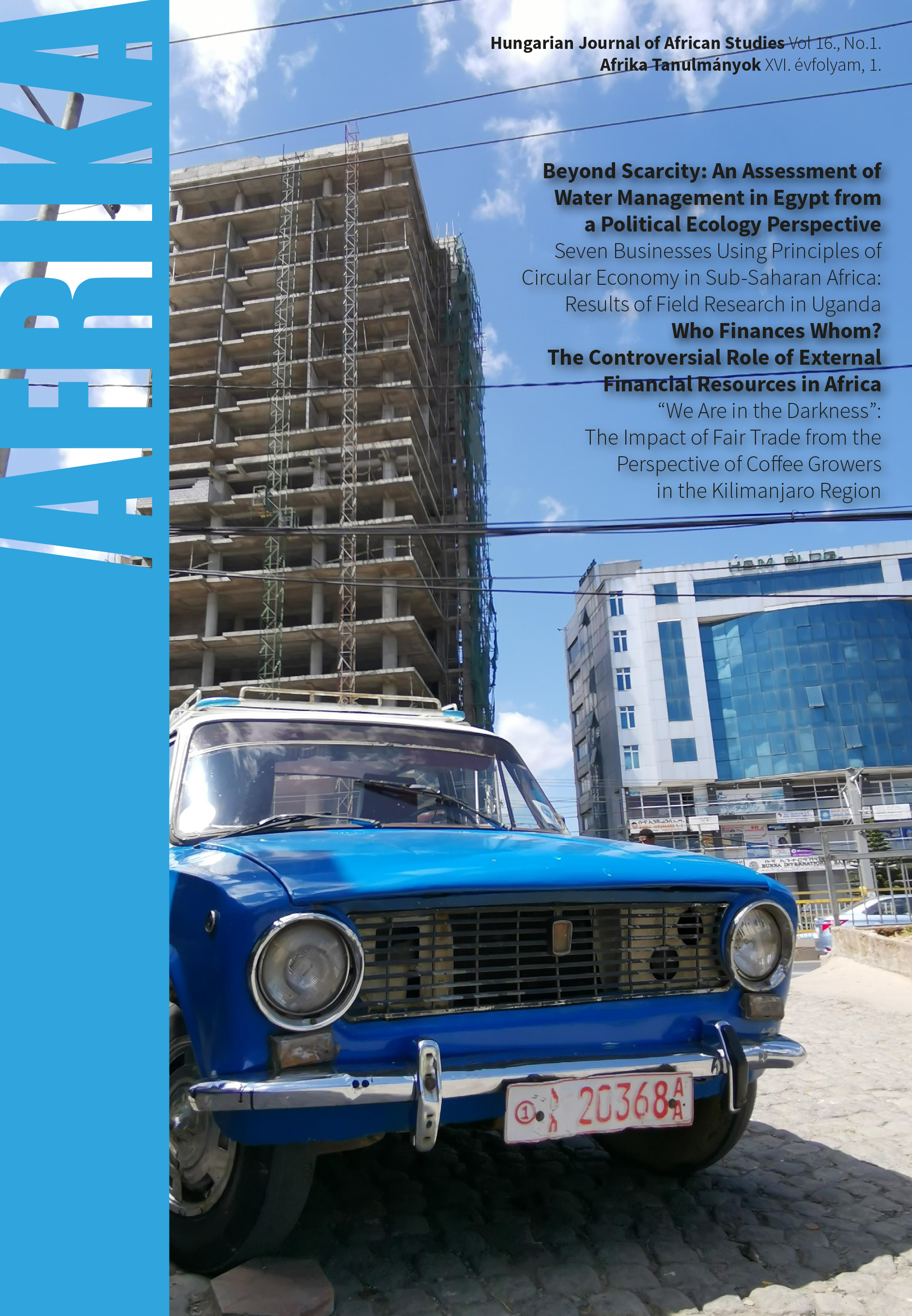Beyond Scarcity: An Assessment of Water Management in Egypt from A Political Ecology Perspective
DOI:
https://doi.org/10.15170/AT.2022.16.1.2Keywords:
Egypt, ecology, Nile, water scarcity, military, SWOTAbstract
Water management constitutes a challenge for contemporary Egypt, as the country faces a water shortage that, in certain areas, might endanger the basic needs of people in the dry season. This article seeks to understand the origin of water problems, and argues that beyond existing scarcity due to environmental challenges, current socio-political conditions play a significant role. Egypt is socially, economically, and environmentally in a difficult position to be sustainable. The paper utilizes the political ecology approach to shed light on the nexus between the fields mentioned above and tries to create an integrated and comprehensive strategy to analyze the water problems and possible solutions for contemporary Egypt. SWOT analysis helps evaluate the existing conditions (strengths and weaknesses) and potentialities (opportunities and threats) for the Egyptian agriculture and water management sector. Three different angles are utilized during the analysis: the infrastructural background (the economic aspect), the institutional basis (the political aspect), and the international impacts (the environmental aspect) that affect water policy. Regarding the mounting challenges, a slow change of the system is expected, but negative changes in the natural environment could accelerate pressure on Egyptian society and government to adjust. However, the support of international partners to maintain a politically and socially stable Egypt contributes to maintaining archaic political-economic structures that are unsustainable.
Downloads
Published
How to Cite
Issue
Section
License

This work is licensed under a Creative Commons Attribution-NonCommercial-NoDerivatives 4.0 International License.
















